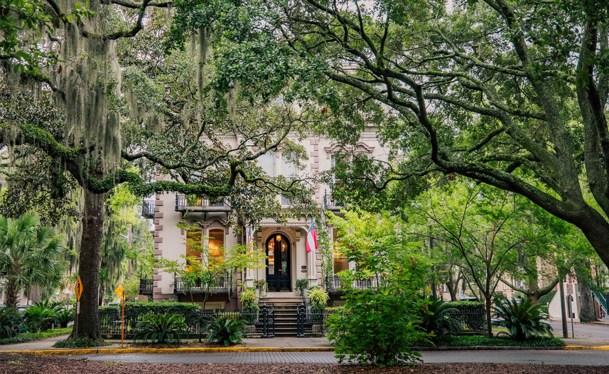Georgia's Pre-Statehood Identity: A British Colony Named After a King
The establishment of the Georgia colony was spearheaded by James Oglethorpe, a British philanthropist and social reformer. Oglethorpe envisioned Georgia as a haven for debtors and the working poor, offering them a fresh start and an opportunity to rebuild their lives. This philanthropic motive distinguished Georgia from other colonies, which were primarily established for economic or religious reasons.
A Buffer Against Spanish Florida
In addition to its philanthropic goals, Georgia also served a strategic purpose for the British Empire. It acted as a buffer zone between the established British colonies to the north and Spanish Florida to the south. This strategic location made Georgia a crucial frontier in the ongoing power struggle between European empires in North America.
The Trustee Period
Initially, Georgia was governed by a board of trustees, who oversaw the colony's development and implemented Oglethorpe's vision. During this Trustee Period, strict regulations were imposed on the colonists, including prohibitions on slavery and land ownership limitations. However, these restrictions eventually proved unsustainable and were gradually lifted.
The Royal Colony
In 1752, Georgia transitioned from a trustee colony to a royal colony, with its governance falling under the direct control of the British Crown. This shift marked a turning point in the colony's history, as it became more integrated into the broader imperial system.
The Road to Statehood
Georgia's journey towards statehood was marked by significant events, including its participation in the American Revolution. After the war, Georgia ratified the United States Constitution in 1788, becoming the fourth state to join the Union.
 While the name "Georgia" remains a constant reminder of the colony's British origins, the state has evolved into a unique and vibrant entity with a rich cultural heritage. Its history is a testament to the enduring legacy of James Oglethorpe's vision and the resilience of its people.
While the name "Georgia" remains a constant reminder of the colony's British origins, the state has evolved into a unique and vibrant entity with a rich cultural heritage. Its history is a testament to the enduring legacy of James Oglethorpe's vision and the resilience of its people.
